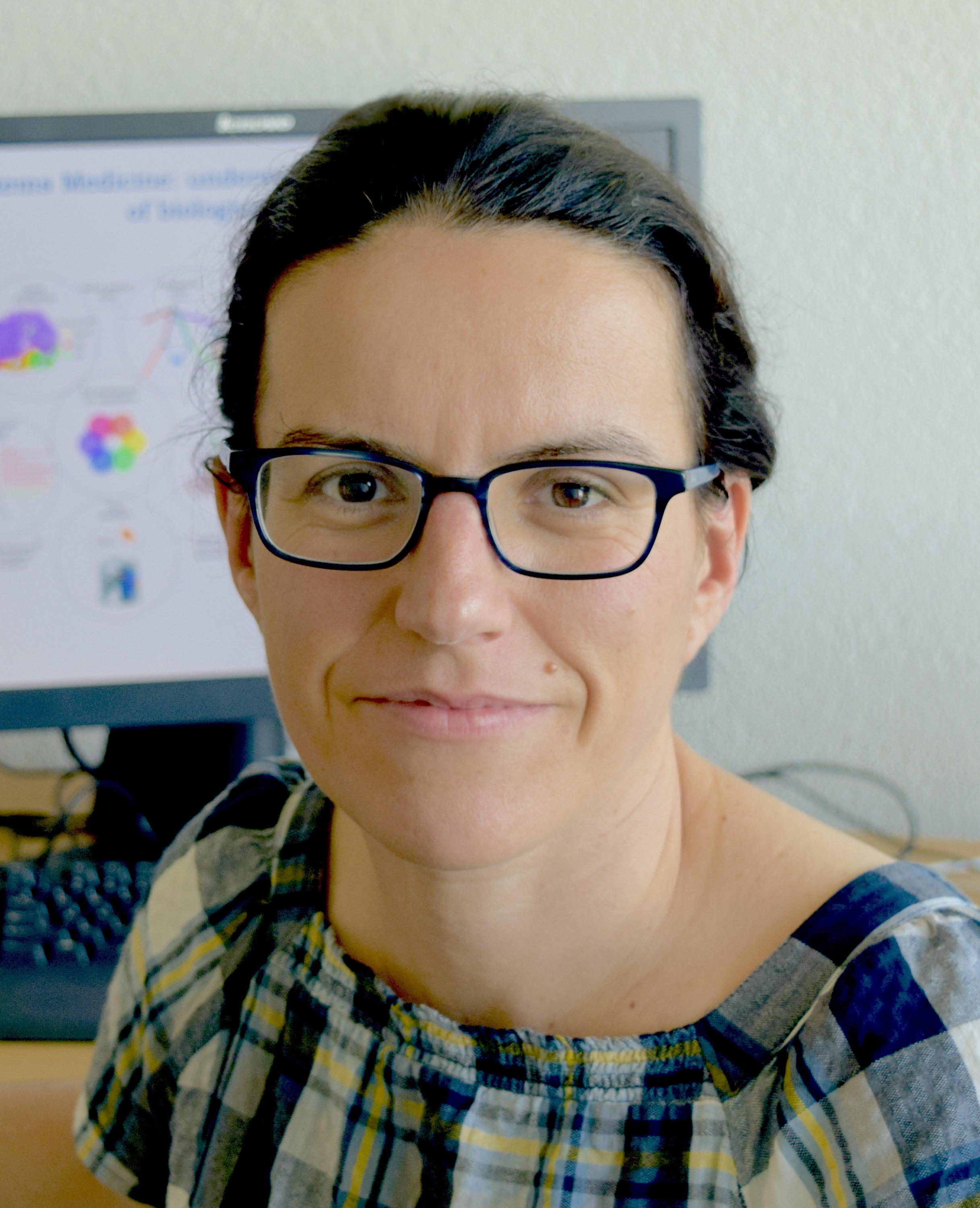DC10
Project: development of interpretable deep learning for multi-omics data multi-scale models of the immune system
PhD position at University of Bern
The PhD candidate (DC10) will work on the development of interpretable deep learning for multi-omics data multi-scale models of the immune system with a focus on investigating cardiometabolic disease (CMD).
We are seeking a highly motivated and ambitious PhD candidate for a project focused on developing interpretable deep learning models for the analysis of single-cell and spatially resolved multi-omics data associated with CMD. The PhD candidate will develop models that can automatically identify key molecular and morphological structures, such as clusters of cells, that are essential for making informed predictions. This project aims to enhance the use of multi-omics and spatially resolved data in clinical decision-making, hence, improving treatment guidance and prognosis.
Key Responsibilities:
- Develop deep learning models for the analysis of spatially resolved data.
- Train this model using both publicly available single-cell data in CMD diseases, as well as spatially resolved molecular data generated by MIRACLE partners.
- Focus on model interpretability to identify significant spatial regions and immune profiles.
- Investigate and address uncertainties in AI models, adapting current reliability benchmarks for the analysis of single-cell datasets.
- Contribute to scientific recommendations on AI model robustness.
Expected Outcomes:
- Novel interpretable deep learning models for the analysis of spatially resolved data.
- A novel AI-based classifier of immune profiles.
ABOUT THE FACULTY OF MEDICINE AT THE UNIVERSITY OF BERN
The Faculty of Medicine at the University of Bern, one of Switzerland's largest, educates over 2200 students in human medicine and dentistry. Renowned for its unique curriculum, the faculty emphasizes practical relevance, diverse subjects, and innovation. A significant focus area is cardiovascular disease, the leading global cause of death. Through collaborative research with the University of Bern and Inselspital, Bern University Hospital, the faculty delves into cardiovascular physiology and pathophysiology, spanning fundamental science to clinical studies. This commitment to excellence in research and interdisciplinary approach positions the faculty as a leader in both education and cardiovascular research. More information can be found at the following links:
https://www.medizin.unibe.ch/index_eng.html
https://www.cvrc.unibe.ch/
ABOUT THE SUPERVISOR
 Dr. María Rodríguez Martínez
Dr. María Rodríguez Martínez
Dr. María Rodríguez Martínez has a background in physics. She transitioned to computational biology during her postdoctoral studies at the Weizmann Institute of Science (Israel) and Columbia University (USA). Between 2013 and 2023, she led the Computational Systems Biology team at IBM Research Europe (Switzerland), dedicated to the development of novel computational strategies for personalized cancer treatments. A major part of this work was developed under the umbrella of two major EU-funded consortia focused on prostate and pediatric cancers, which she successfully initiated and coordinated. Her current research integrates mechanistic and artificial intelligence models, with a particular emphasis on the development of interpretable deep learning approaches for computational biology. Recently, her research has concentrated on cancer immunology, leading to the development of predictive models for T cell receptor binding and the exploration of B cell evolution.